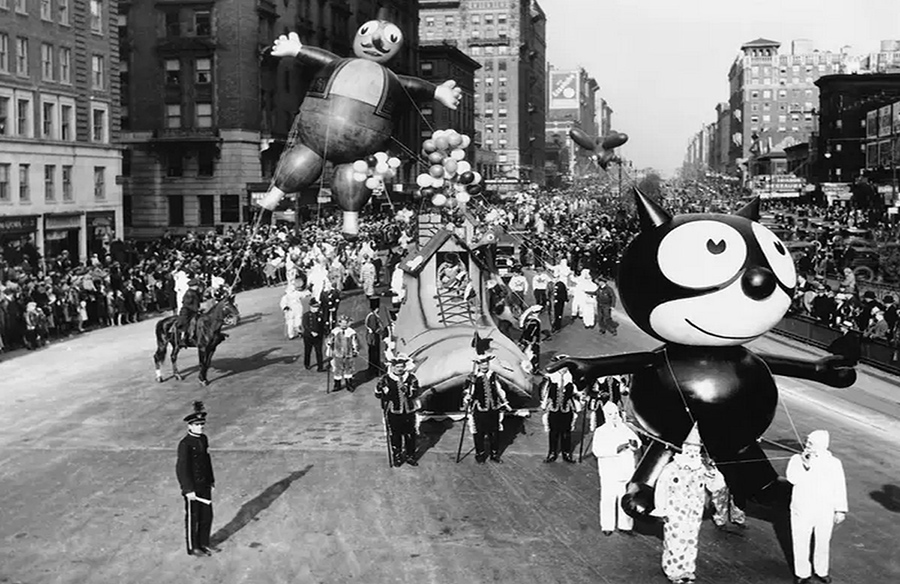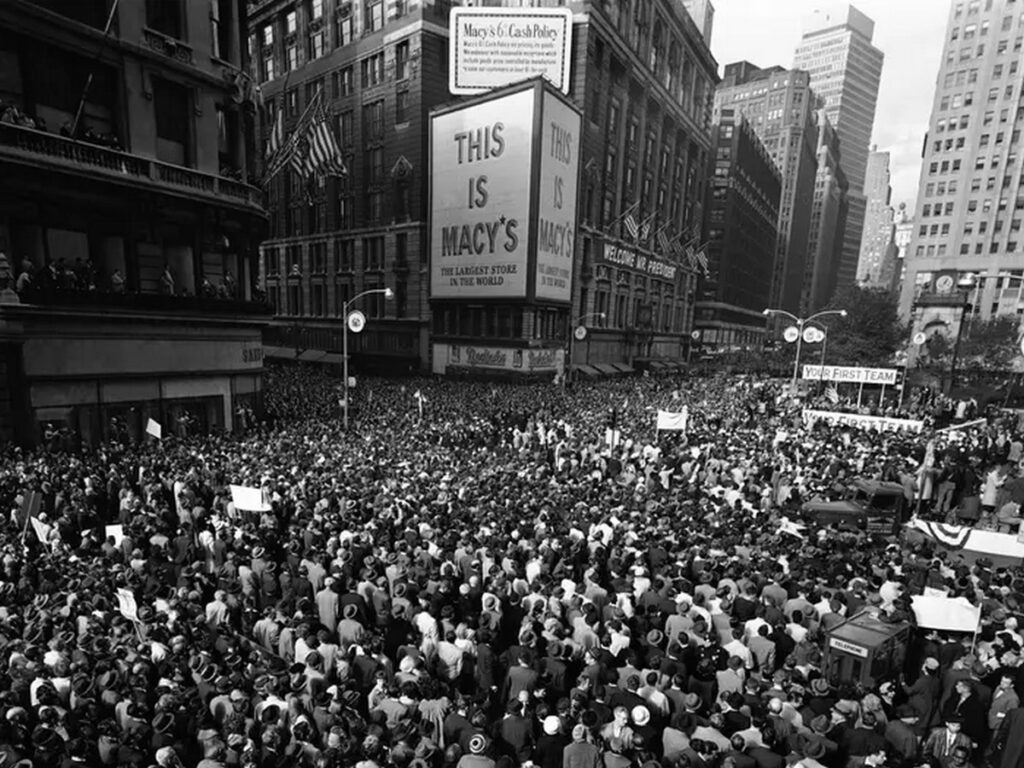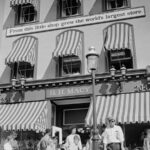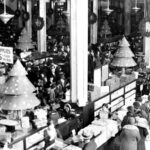
For nearly two centuries, Macy’s has been an emblem of American retail, embodying the essence of pure Americana since its inception as a small dry-goods store in New York City. From its modest beginnings, Macy’s has been a pioneer in the evolution of the department store, introducing innovative concepts such as on-site tailoring, dining options, and elaborate window displays. Over time, it has ingrained itself into the fabric of American culture, establishing cherished traditions like the Macy’s Thanksgiving Day Parade and the Fourth of July fireworks extravaganza.
The Evolution of Macy’s
Despite its storied history and cultural significance, Macy’s has faced its fair share of challenges, particularly in recent years. The rise of online shopping and shifting consumer preferences, coupled with economic downturns and the impact of the COVID-19 pandemic, have led to declining foot traffic and sluggish sales for the retail giant.
In response to these challenges, Macy’s embarked on a significant restructuring effort in 2020, which included the closure of numerous stores and a series of executive changes aimed at revitalizing the company’s fortunes. The most recent of these changes came in March 2023, with the appointment of Tony Spring as CEO, replacing Jeff Gennette.

A $5.8 Billion Buyout Bid
Amidst this backdrop of transformation and uncertainty, Macy’s recently found itself the subject of a substantial buyout bid. According to reports from The Wall Street Journal, an investor group comprising Arkhouse Management and Brigade Capital Management has proposed a $5.8 billion buyout of Macy’s, potentially taking the retailer private.
Tracing Macy’s Roots
To truly understand the significance of Macy’s, one must delve into its rich history, which dates back to its founding in 1851 by Rowland Hussey Macy. Macy, a former whaler turned entrepreneur, established his first store in New York City, laying the foundation for what would become a retail empire. Over the years, Macy’s expanded its footprint, evolving from a single storefront to a sprawling department store complex in Herald Square, which became an iconic landmark in the heart of Manhattan.
Innovation and Influence
Throughout its history, Macy’s has been synonymous with innovation, introducing groundbreaking concepts and products that revolutionized the retail industry. From pioneering the one-price system and cash-only transactions to introducing iconic products like the teabag and the Idaho baked potato, Macy’s has continually pushed the boundaries of what is possible in retail.

Cultural Icon and Tradition Keeper
Beyond its commercial success, Macy’s has also played a pivotal role in shaping American culture, with its iconic events and promotions becoming cherished traditions for millions of people. From the spectacle of the Thanksgiving Day Parade to the enchanting holiday window displays, Macy’s has brought joy and excitement to generations of Americans, cementing its status as a cultural institution.
Navigating the Future
As Macy’s confronts the challenges of the modern retail landscape, it faces a pivotal moment in its storied history. The proposed buyout bid represents a potential turning point for the company, offering an opportunity for reinvention and renewal. Whether Macy’s remains a public entity or transitions to private ownership, its legacy as a beacon of American retail is assured, leaving an indelible mark on the nation’s commercial and cultural landscape.
























Leave a Reply